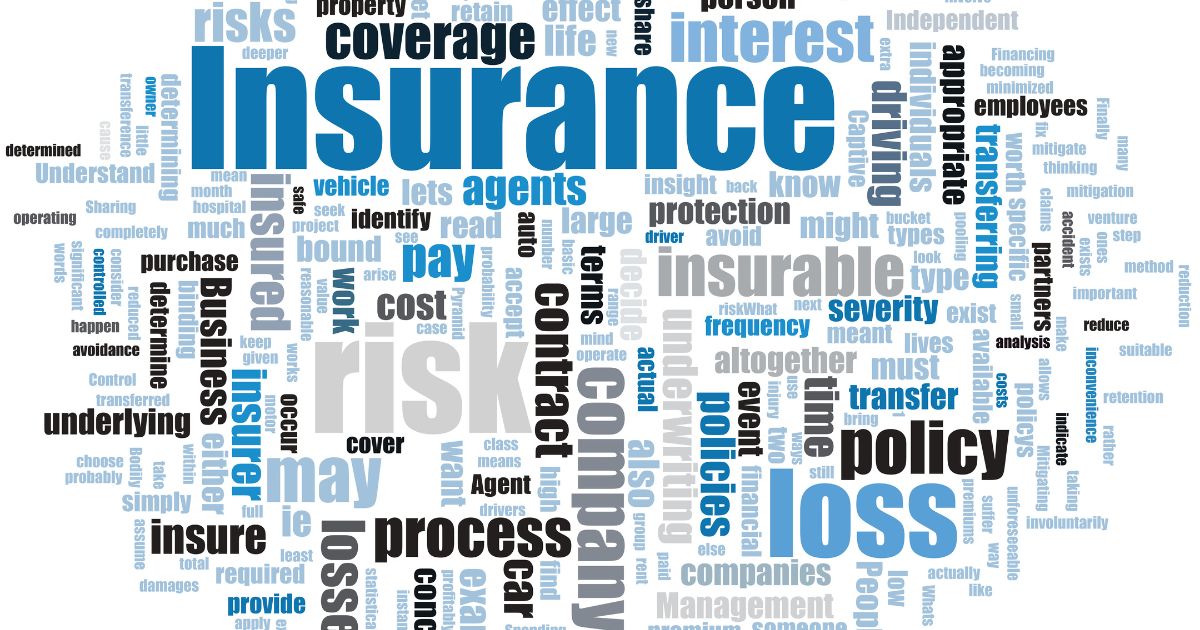Introduction
Planning for retirement can feel overwhelming especially when the question is pension plans and retirement savings schemes? Between figuring out your savings goals and understanding the various financial vehicles available, it’s easy to get lost in the details. Two terms that often get used interchangeably, but are actually quite different, are pension plans and retirement savings schemes. Let’s break down the difference and see how they can work for you, along with the crucial role health insurance plays in ensuring a comfortable retirement.
Table of Contents
ToggleUnderstanding Pensions and Retirement Savings Schemes
Pension Plans: Think of a pension plan as a promise. Traditionally offered by employers (though becoming less common), a pension plan guarantees a specific monthly payment upon retirement, based on factors like your salary and years of service. The company, not you, bears the investment risk. This means even if the market takes a dive, you still receive your promised pension payments. These are often referred to as defined benefit plans.
Retirement Savings Schemes: These are typically plans where you control the investments. 401(k)s and Individual Retirement Accounts (IRAs) fall into this category. You contribute money, often pre-tax, and decide how to invest it. Your retirement income then depends on how well your investments perform. Unlike pensions, the investment risk is on you, but so is the potential for greater returns. These are known as defined contribution plans.
Key Differences Between Pension Plans and Retirement Savings Schemes
The core difference lies in who shoulders the risk and who manages the investments. Here’s a more detailed breakdown:
Investment Risk
Pension Plan- Employer
Retirement Savings Scheme- Employee
Investment Control
Pension Plan- Employer
Retirement Savings Scheme- Employee
Payment Guarantee
Pension Plan- Guaranteed monthly income upon retirement
Retirement Savings Scheme- Income depends on investment performance
Portability
Pension Plan- Often limited, may lose benefits if you leave
Retirement Savings Scheme- Fully portable, you own the account
Contribution Source
Pension Plan- Primarily employer, sometimes employee contributions (Traditional company pension)
Retirement Savings Scheme- Primarily employee, often with employer match (401(k), IRA)
For example, imagine Palak worked for a large manufacturing company for 30 years with a traditional pension. Upon retirement, she’s guaranteed a fixed monthly income for life based on her final salary and years of service. On the other hand, Dhruv contributed to a 401(k) throughout his career. His retirement income will depend on the performance of his 401(k) investments, and he can choose to withdraw funds as a lump sum or as a series of payments.
Health Insurance and its Role in Retirement Planning
Retirement isn’t just about financial security; it’s about overall well-being. Health insurance is a critical piece of the retirement puzzle. Healthcare costs can be significant, especially as you age. Unexpected medical bills can quickly deplete your savings, jeopardizing your financial security.
Medicare, the federal health insurance program for people 65 and older, covers a portion of your healthcare expenses, but it doesn’t cover everything. You may still need supplemental insurance, such as a Medigap policy or a Medicare Advantage plan, to cover deductibles, co-pays, and other out-of-pocket costs. Furthermore, Medicare generally doesn’t cover long-term care, a potentially substantial expense as you age. Long-term care insurance can help offset these costs.
A recent study by Fidelity Investments estimated that a 65-year-old couple retiring in 2023 could expect to spend over $315,000 on healthcare costs throughout their retirement. This emphasizes the importance of factoring healthcare expenses into your retirement planning and exploring adequate health insurance coverage.
Affordable Health Insurance Options for Retirees
Finding affordable health insurance is a priority for many retirees. Here are a few options to consider:
-
Medicare: As mentioned, Medicare is the primary health insurance provider for most retirees. Understanding the different parts (A, B, C, and D) and how they work is crucial.
-
Medigap Policies: These supplemental policies help cover the “gaps” in Medicare coverage, such as deductibles and co-insurance.
-
Medicare Advantage Plans: These plans, offered by private insurance companies, provide an alternative way to receive your Medicare benefits. They often include extra benefits like vision, dental, and hearing coverage.
-
Affordable Care Act (ACA) Marketplace: If you retire before age 65 and aren’t eligible for Medicare, you can purchase health insurance through the ACA marketplace. Subsidies may be available to help lower your monthly premiums, depending on your income.
-
Retiree Health Insurance: Some employers offer health insurance benefits to their retirees. If your former employer offers this option, compare the costs and coverage to other options to see if it’s a good fit.
-
Health Savings Account (HSA): If you had an HSA during your working years, you can use those funds tax-free for qualified medical expenses in retirement.
Policywings: Helping You Understand Pensions, Retirement Savings, and Insurance
Policywings is committed to helping individuals understand the complexities of pension plans, retirement savings schemes, and health insurance, empowering them to make informed decisions about their future. We don’t sell insurance directly; rather, we offer clear, unbiased information and resources to guide you through the process.
Here’s how Policywings can help:
-
Educational Resources: Our website features a wealth of articles, guides, and tools to help you understand the ins and outs of pension plans, retirement savings schemes, and health insurance.
-
Comparison Tools: We provide tools to compare different health insurance plans, pension plans, and retirement savings schemes, allowing you to see the pros and cons of each option side-by-side.
-
Expert Advice: Through our network of financial advisors and insurance professionals, we can connect you with experts who can provide personalized guidance and support.
We believe that everyone deserves access to the information and resources they need to plan for a secure and healthy retirement. Policywings aims to be your trusted partner in this journey.
Comparing Pension Plans and Retirement Savings Scheme Benefits: A Comprehensive View
Let’s look at a practical example:
Scenario: Two friends, Yash and Aastha, both worked for 30 years. Emily had a traditional pension plan, while Yash relied solely on his 401(k).
- Aastha (Pension): Receives a guaranteed monthly income of $3,000. She doesn’t worry about market fluctuations impacting her income. However, her income is fixed and may not increase with inflation unless her pension plan includes cost-of-living adjustments (COLAs).
- Yash (401(k)): His 401(k) grew to $800,000. Assuming a 4% withdrawal rate, he can draw $32,000 per year ($2,667 per month). His income can potentially grow if his investments continue to perform well, but he also faces the risk of his savings depleting faster if the market declines or if he needs to withdraw more funds than anticipated.
This example illustrates the trade-offs between the security of a pension and the potential for growth (and risk) with a 401(k).
Integrating Health Insurance Plans with Your Pension or Retirement Savings
Effectively integrating health insurance with your pension or retirement savings plan requires careful planning:
-
Estimate Healthcare Costs: Start by estimating your potential healthcare costs in retirement. Consider your family history, current health conditions, and the increasing cost of healthcare.
-
Factor in Inflation: Healthcare costs tend to rise faster than general inflation. Account for this when projecting your future expenses.
-
Coordinate with Medicare: Understand how Medicare works and what it covers. Choose the appropriate supplemental coverage (Medigap or Medicare Advantage) to fill the gaps.
-
Consider Long-Term Care Insurance: Evaluate the need for long-term care insurance, especially if you have a family history of cognitive decline or other conditions that may require long-term care.
-
Budget Accordingly: Allocate a portion of your retirement income specifically for healthcare expenses. Regularly review and adjust your budget as needed.
By carefully considering your healthcare needs and integrating health insurance planning into your overall retirement strategy, you can help ensure a financially secure and healthy retirement.








